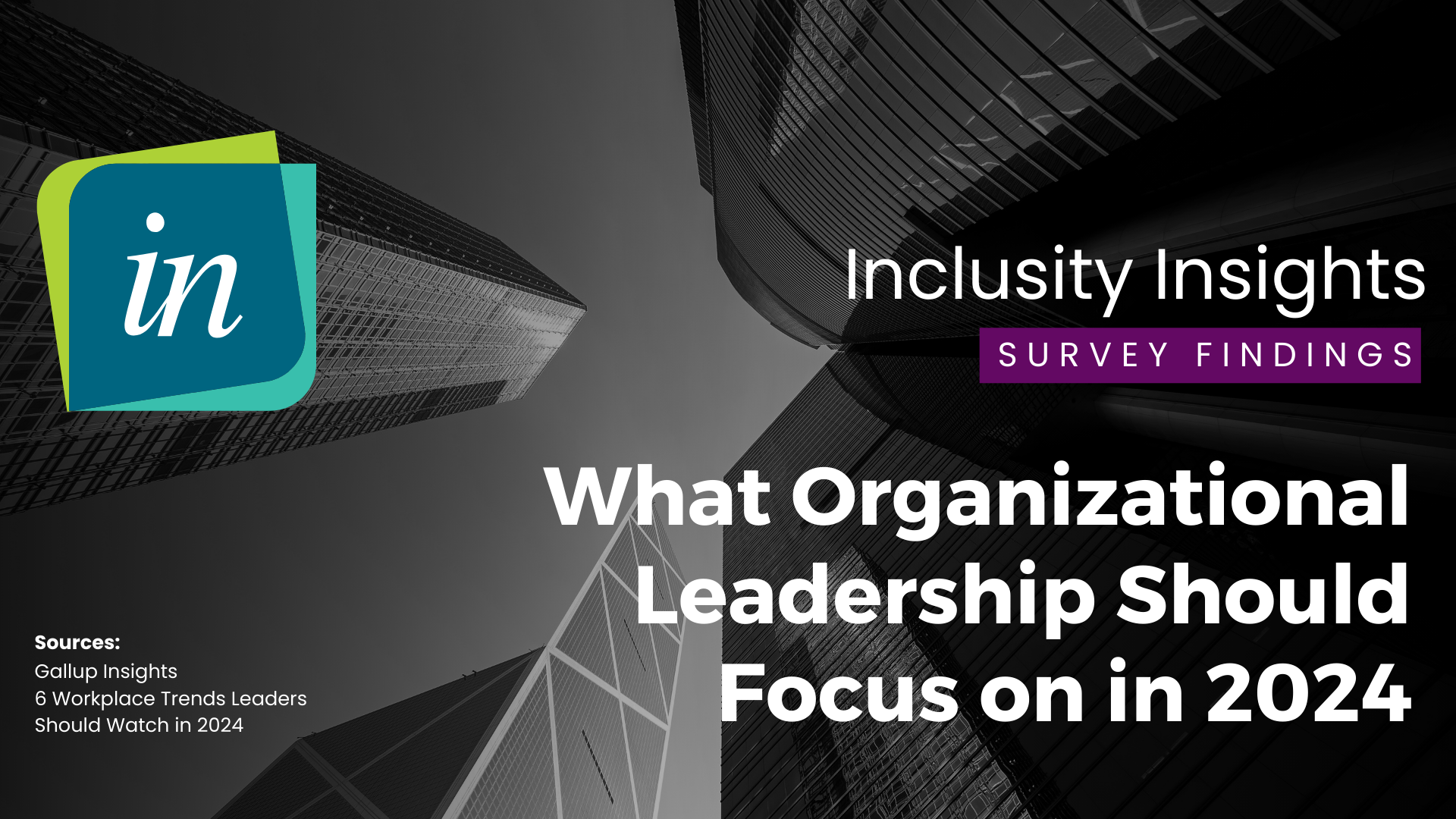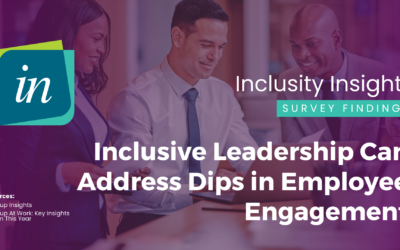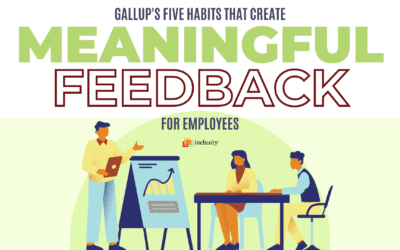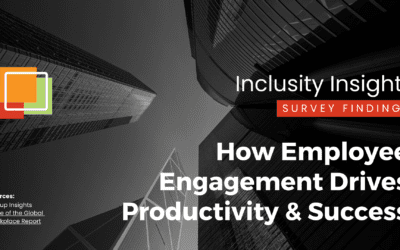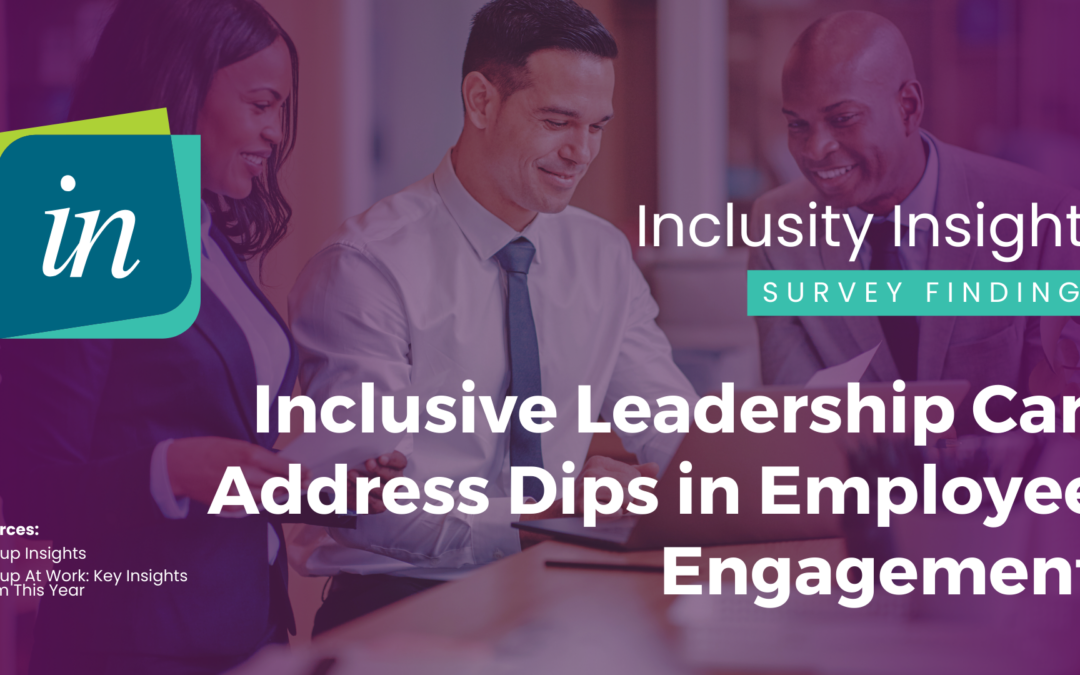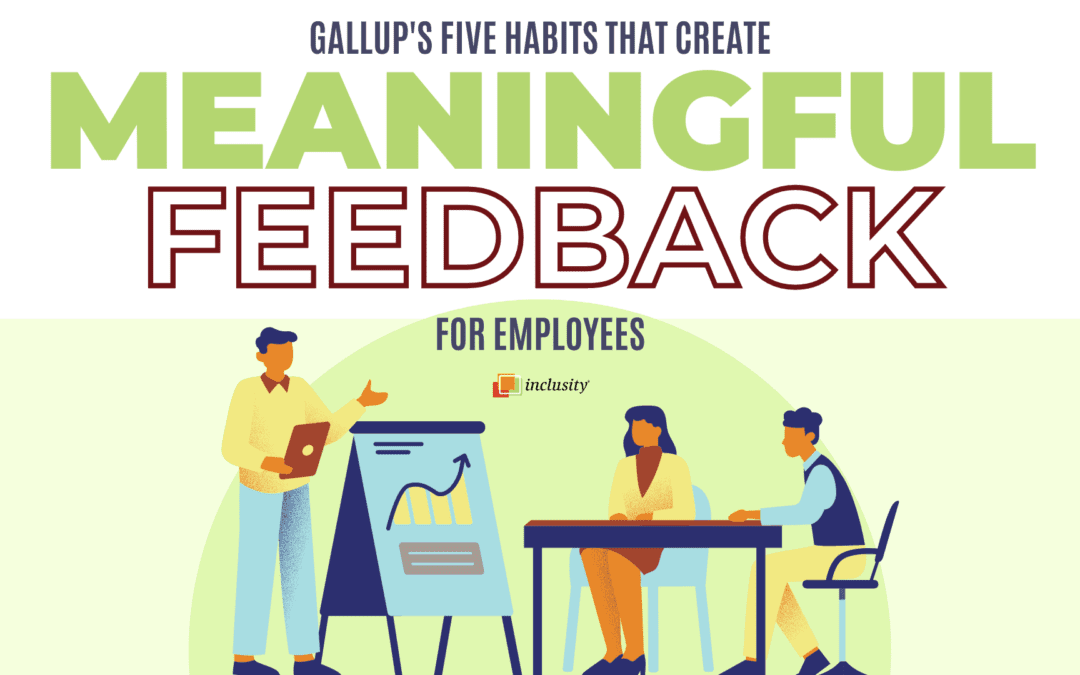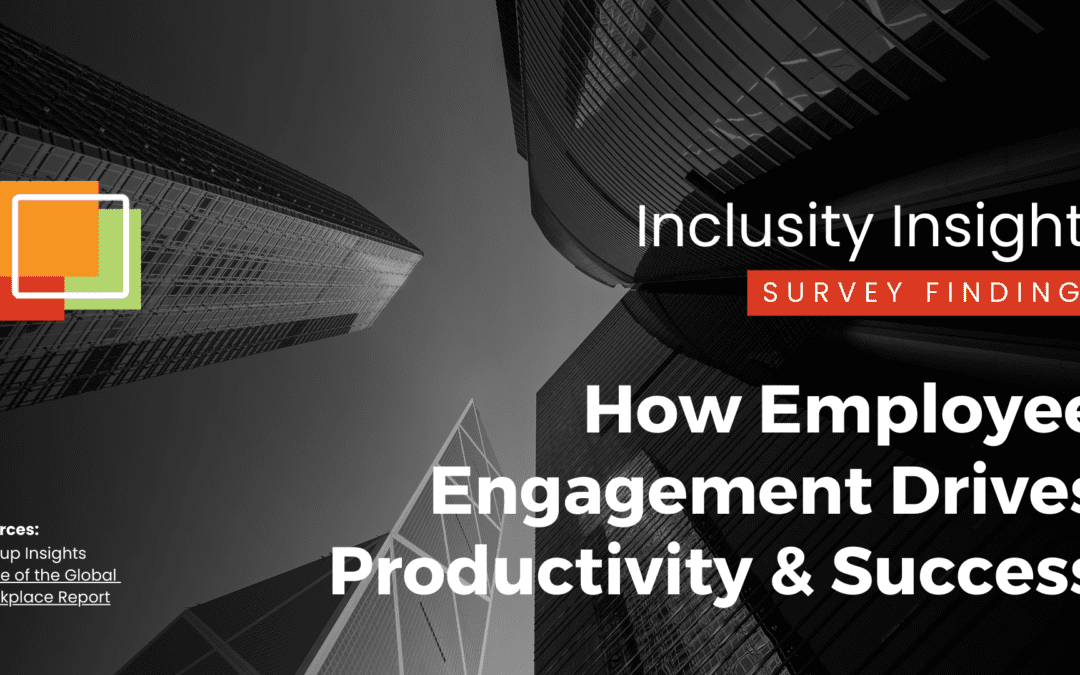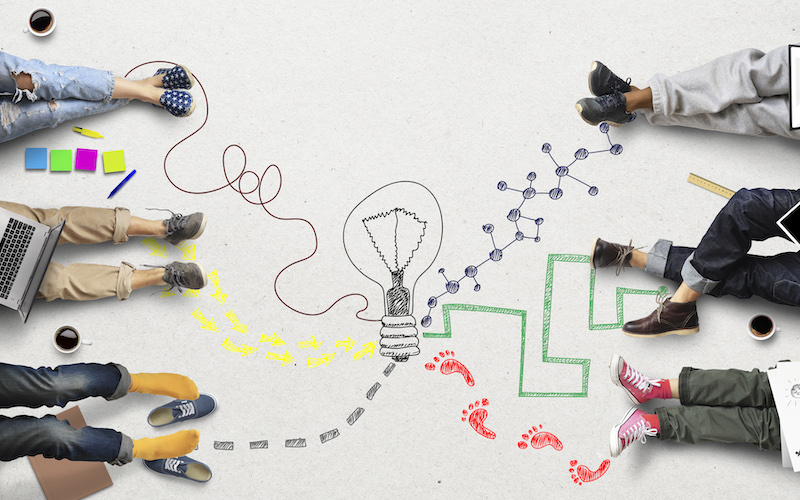The turn of the calendar year often prompts organizations to pause and reflect; it’s an opportunity to assess the previous year and make conscious choices about where to go in the current year. 2023 stood out for concerns about inflation, adjustment to the “new normal” after the pandemic, and a hot labor market with increased turnover and greater demands from employees.
According to Gallup’s “6 Workplace Trends Leaders Should Watch in 2024,” some of these topics will continue to be in focus this year. These trends largely reinforce what we’ve always maintained at Inclusity: In order to maximize effectiveness, organizations must invest in creating an inclusive culture. Reflecting on Gallup’s themes, two specific ideas stand out: navigating a hybrid workplace and re-establishing trust.
Increase Employee Engagement through a Hybrid Culture
Even as COVID cases have ebbed and we have entered a “new normal,” questions about the long-term trajectory of many organizations have been left unresolved. Many employees still wonder if and when they’ll be asked to return to the office full-time. Gallup’s data revealed that many view this prospect with some degree of dread; only 6% of American employees in remote-capable jobs surveyed said that they’d prefer to be fully on-site in the future. Most people tend to think about the preference for hybrid or fully remote options in terms of practicality; employees don’t have to commute, can take care of projects around the house on break time, etc.
At Inclusity, however, we view flexible work arrangements through an inclusive lens. For example, remote work can remove accessibility barriers and better accommodate people who are neurodivergent or juggle caregiving. Remote-hybrid options allow people to be their most authentic selves – especially employees who are marginalized or out-of-the-norm at their organization. People of color who work remote have reported a decrease in microaggressions.
In 2024, we encourage workplaces to definitively throw out the traditional fully on-site model and meet employees where they are. As Gallup and other data show, well-managed fully remote and hybrid employees tend to have higher engagement, higher wellbeing, and lower turnover. At Inclusity, we offer leaders many tools for exactly how to manage these employees well, focusing on how more creative work setups allow for authenticity and engagement.
Building Trust Can Be Transformative
Implementing management skills like inclusive leadership also helps address the other big issues we see in these data: an ongoing lack of trust in organizational leadership and a lack of connection to mission and purpose. The ambiguity about the future of the work environment is only one of many factors that fuel these disconnects. When Inclusity talks to employees across our clients, we regularly hear about leaders failing to take a stand on issues that matter and feeling as though organizational mission and purpose are outdated. The concerns we hear are not just ideological; they add to employee stress, another trend observed in the Gallup data. And of course, the individuals who are most likely to experience these disconnects are those who are out-of-the-norm within their organizations.
At Inclusity, we have seen the incredible transformation that happens when organizational leadership revisits their mission and purpose with an inclusion lens and focus on rebuilding trust with employees. While we see direct benefits such as increased employee engagement and lower turnover, we also see secondary effects that weren’t even considered. For example, when someone experiences a subtle act of exclusion (microaggression) at work, trust turns out to be the factor that most strongly determines how they react. In trusting environments, the target is more likely to see the behavior as unintentional and work to repair the relationship, whereas a lack of trust drives blaming behavior and resentment, further eroding culture.
We’ve developed many tools that help build trust and integrity within organizations. These qualities are not just integral for effective inclusion work; they also have a positive impact on organizational effectiveness and morale overall.
Inclusion is the Answer
Gallup discusses these trends as separate issues to tackle with different strategies. At Inclusity, we see one underlying issue: inclusion. Effective efforts to cultivate an inclusive workplace touch on all these topics and more. Deliberately fostering inclusion increases trust, increases employee engagement, decreases stress, and has a multitude of additional benefits beyond these specific workplace trends. When your organization is ready to take a serious approach to fostering a more inclusive culture, we have the tools, strategies, and insights to get you there.

